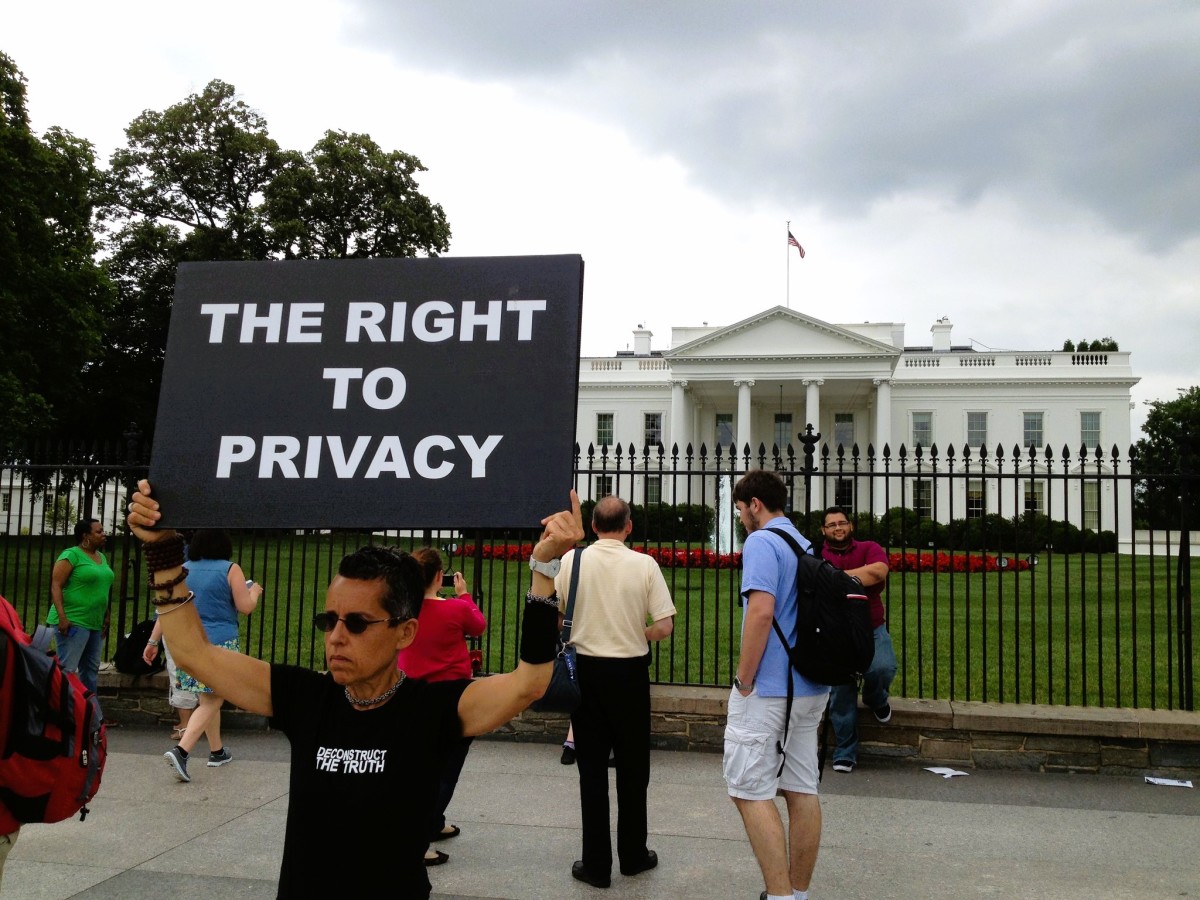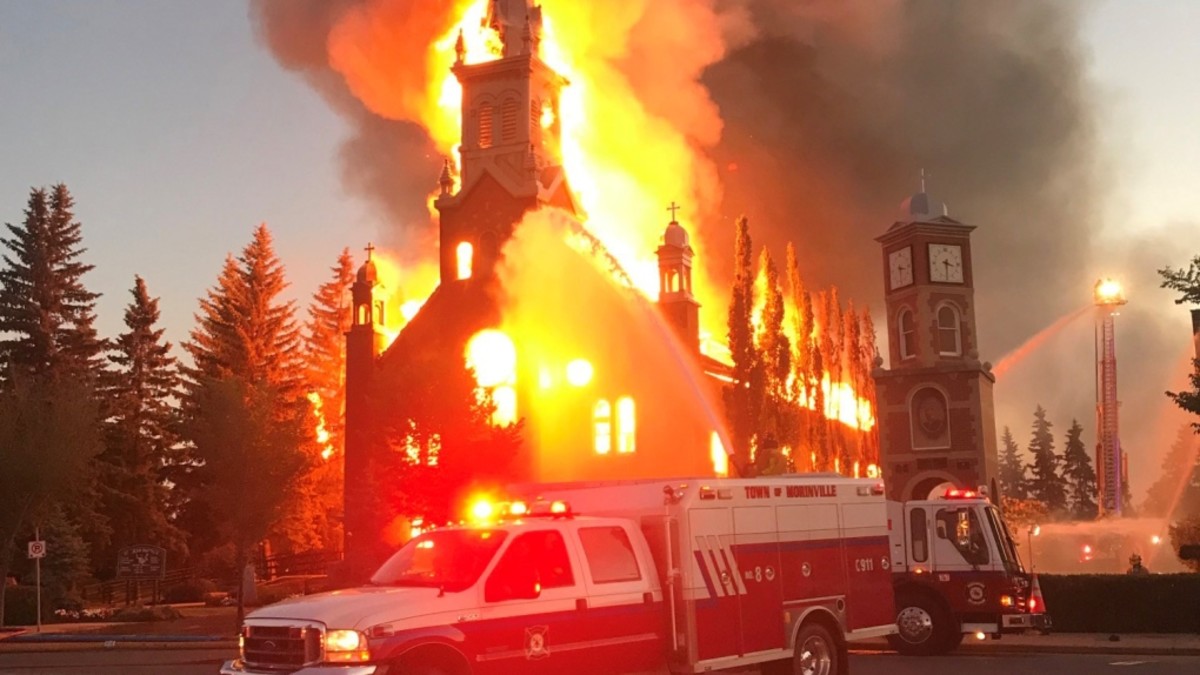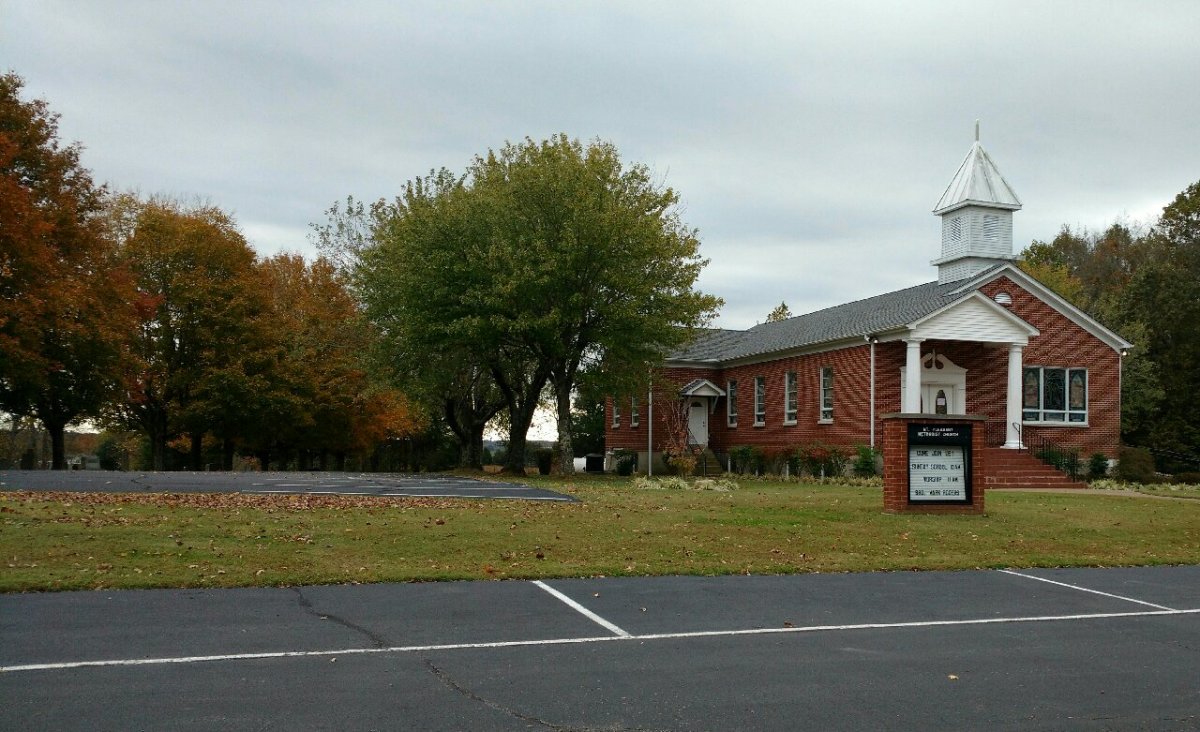The Catholic Church's Morality Clause, An Abandonment of the Right to Privacy
I first began this article a year ago. Last March, the East Bay Diocese of the Catholic Church presented a new contract all teachers K-12 within its diocesan purview. The new contracts contained a morality clause.
This past week, the archdiocese of San Francisco presented a similar contract to their teachers at four schools. This time, the language is even more draconian. Many in the district are protesting.
Under the proposed language:
Administrators, faculty and staff members are not to “visibly contradict, undermine or deny” these and other truths in their professional or personal lives.
“The church has no authority whatsoever to confer priestly ordination on women.”
“Any well-formed conscience always rejects direct, intentional abortion; we are not 'pro-choice.’”
The “fundamental demands of justice require that the civil law preserve the definition of marriage as the union of one man and one woman.”
“The sinfulness of contraception” ... any such action to “render procreation impossible is intrinsically evil.”
“The grave evil of reproductive technology” — including sperm or egg donations or surrogacy — is an immoral infringement on a “child’s right to be born of a father and mother known to him and bound to each other by marriage.”
“Embryonic stem cell research can never be justified.”
Once again, the Catholic Church, under the guise of the First Amendment, and so very out of touch with the people it serves, seeks to undermine and destroy rights, including the rights to privacy and free speech. It is one thing to govern teachers within the purview of the classroom, it is another to govern their private lives.
In Catholic Dioceses across the country, there have been cases of teachers being fired after marrying their same sex partner. As more and more states legalize gay marriage, a number of Dioceses are requiring teachers to sign so-called morality clauses in their contract. Across the country, Catholic dioceses are pushing to free themselves from the burden of the Constitution and the antidiscrimination laws.
Most disturbing, the new contract language holds teachers to the same moral and legal standards as ministers. This comes on the heels of a U.S. Supreme Court case Hosanna-Tabor Evangelical Lutheran Church and School v. EEOC which provides a "ministerial exception" to the First Amendment right of freedom of religion.
Federal civil rights law prohibits employment discrimination based on race, color, sex, national origin, and Religion. But the ministerial exception says if you are a church or religious school, you are allowed to elevate any employee to the position of minister. By doing so, you can fire them for religious reasons.
This elevation to ministerial status does not provide any religious benefit or privilege. In fact, under Hosanna, it may in fact exist solely to prohibit the "minister" from suing the employer, despite the employer's blatant end run around the minister's basic civil rights.
This controversy is important. It pits two basic tenets of the First Amendment: freedom of religion against civil rights.
The language at issue specifically prohibits advocacy. One cannot visibly contradict, undermine or deny. Would a teacher be fired for protesting? For walking down the street holding hands with a partner of the same sex? For signing a petition? For having a bumper sticker on their car promoting gay rights?
it is important to note that in Hosanna-Tabor, the Court explicitly stated that it was not resolving any questions about contract law and the ministerial exception. Thus, it is likely that these contracts now being proposed by the Catholic Church across the country will be headed for the courts soon. More troubling however, is the scenario in which the less powerful employee, needing the job, signs the contract. Our Constitutional right to privacy, already chilled in a post 9/11 world, falls in danger of being eradicated.
Wasn't it not too long ago, that the Catholic Church used the same First Amendment arguments to protect their abusive priests and bishops?
http://www.law.cornell.edu/supremecourt/text/10-553


![The Fallout From the Conservative Assault on the Right to Privacy and the Supreme Court's Lurch back to 1820 [Updated] The Fallout From the Conservative Assault on the Right to Privacy and the Supreme Court's Lurch back to 1820 [Updated]](https://images.saymedia-content.com/.image/t_share/MTkxMTU1MjUyMDYwMjM1NTM5/the-fallout-from-the-conservative-assault-on-the-right-to-privacy-and-the-supreme-courts-lurch-back-to-1820.jpg)





